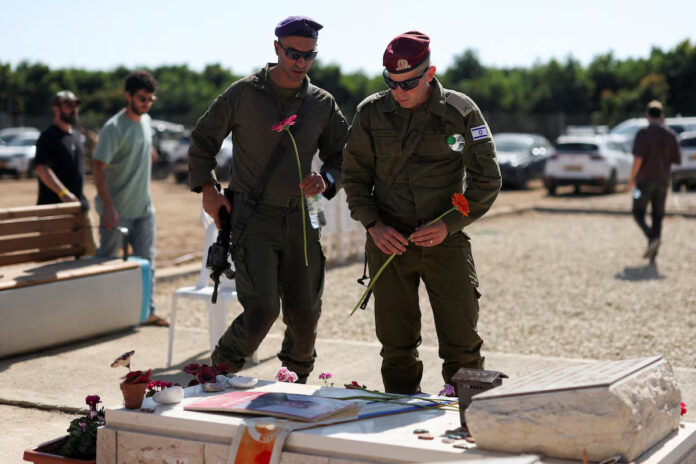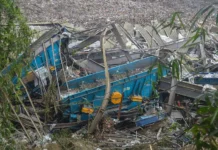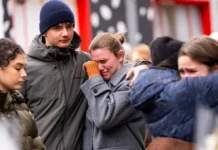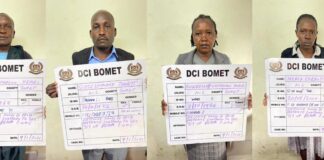
Israel and Hamas on Thursday traded blame over alleged violations of a U.S.-mediated ceasefire, as a dispute over the return of hostages’ bodies threatened to unravel the fragile truce and stall efforts to reopen Gaza’s Rafah border crossing with Egypt.
Israeli government spokesperson Shosh Bedrosian said Israel remained committed to the ceasefire agreement and accused Hamas of withholding the bodies of 19 hostages killed during the conflict.
Bedrosian confirmed that Hamas had handed over 10 bodies, but one was found not to be a hostage.
Hamas, meanwhile, said it was adhering to the truce and working to recover the remaining bodies, claiming some were buried under rubble or in tunnels destroyed by Israeli forces.
The group’s armed wing said recovering more remains would require heavy machinery and excavation equipment to be allowed into the blockaded enclave.
Tensions flared further after a senior Hamas official accused Israel of breaching the ceasefire by killing at least 24 Palestinians since Friday. He said a list of the alleged violations had been submitted to international mediators.
The Israeli military did not immediately respond to the claims but has previously argued that its forces only fired at individuals who posed an “immediate threat.”
Local health authorities in Gaza said seven Palestinians were killed by Israeli fire on Thursday, including two in Khan Younis following what they described as an Israeli airstrike.
Witnesses reported drones and warplanes hovering over southern Gaza as sporadic gunfire echoed through the ruins.
The next phase of the 20-point ceasefire plan, drawn up under U.S. President Donald Trump’s administration, calls for Hamas to surrender its weapons and relinquish control of Gaza, conditions the Islamist faction has so far rejected.
Instead, Hamas has launched a crackdown on armed clans in areas vacated by Israeli forces, underscoring its continued dominance.
Trump, addressing reporters in Washington, warned that further violence by Hamas would invite retaliation “under U.S. auspices.” He stated, “If they behave, good. If they don’t behave, we’ll take care of it,” adding that no American troops would be directly involved.
Earlier this week, 20 Israeli hostages were freed in exchange for thousands of Palestinian prisoners. Gaza’s Health Ministry reported that Israel also returned 30 Palestinian bodies on Thursday, bringing the total number received since Monday to 120.
Israel’s military liaison agency, COGAT, said it was working with Egypt to set a date for reopening the Rafah crossing for civilian movement, though it emphasized that aid shipments would continue to enter only through the Israeli-controlled Kerem Shalom crossing after security checks.
With parts of Gaza facing famine-like conditions, U.N. humanitarian chief Tom Fletcher warned that “thousands of trucks per week” would be needed to avert a worsening crisis.
Despite aid convoys entering Gaza on Wednesday, health services remain crippled and most of the enclave’s 2.2 million residents displaced. Hamas official Ismail Al-Thawabta described the aid received so far as “a drop in the ocean.”
Nearly 68,000 Palestinians have been killed in the conflict, according to Gaza health authorities, while Israel’s campaign followed Hamas’ deadly October 7, 2023, assault on southern Israel that left about 1,200 people dead and 251 taken hostage.
As both sides trade accusations, the unresolved issues, hostage returns, disarmament, and Gaza’s future governance, continue to cast doubt over the durability of the U.S.-brokered truce and prospects for long-term peace.
Source: Reuters
Written By Rodney Mbua


















